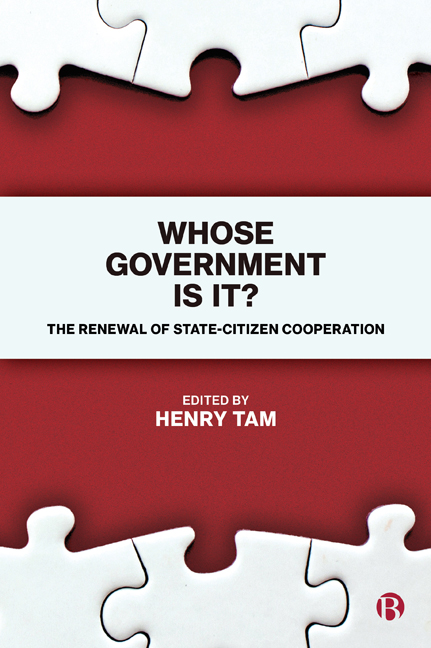13 - Promoting the ‘Take Part’ Approach
Published online by Cambridge University Press: 27 April 2022
Summary
As previous chapters have demonstrated, state‒citizen relationships would seem to present particular challenges in the current context. While there are examples of people of all ages taking an interest in the development and promotion of fairer public policies, there are, conversely, a growing number of cases of people participating in anti- Semitic and Islamophobic campaigns, white supremacist rallies and xenophobic attacks on migrants and refugees. Such activities have been associated with the increasing levels of alienation and the erosion of trust between many citizens and their governments, processes of erosion that have been exacerbated by scandals both financial and more personal.
This chapter explores the ways in which the Take Part approach has been contributing to the promotion of active citizenship and community engagement, based on the values of social justice, equality and respect for diversity, emphasising mutuality, cooperation and social solidarity. The Take Part approach was developed through a series of initiatives under the UK Government's Together We Can programme (2003‒2010), facilitating active learning for active citizenship. The aim was to empower individual citizens and their communities to acquire the confidence and competence to set out their concerns, while encouraging the relevant structures of governance to learn to listen and to respond more effectively, working both sides of the equation ‘to build a more active and engaged civil society and a more responsive and effective state that can deliver needed public services’ (Gaventa, 2004, p 27), as an early report summarised these objectives (ALAC, 2006). Through these initiatives, delivered via community‒university partnerships, based in regional hubs, involving voluntary and community-based organisations, faith-based organisations and learning providers, the ‘Take Part’ approach developed strategies for addressing the barriers to learning for active citizenship and community engagement.
While Take Part was developed in Britain, the approach drew upon the theoretical contributions of the Brazilian Paulo Freire (1972, 1992), the Colombian Orlando Fals-Borda (Fals-Borda and Rahman, 1991) and other international pioneers of learning for social transformation, linking theory and practice as ongoing processes of praxis. This was experiential learning, starting from people's own experiences and interests, critically reflecting upon these as the basis for developing strategies for change.
- Type
- Chapter
- Information
- Whose Government Is It?The Renewal of State-Citizen Cooperation, pp. 213 - 228Publisher: Bristol University PressPrint publication year: 2019



